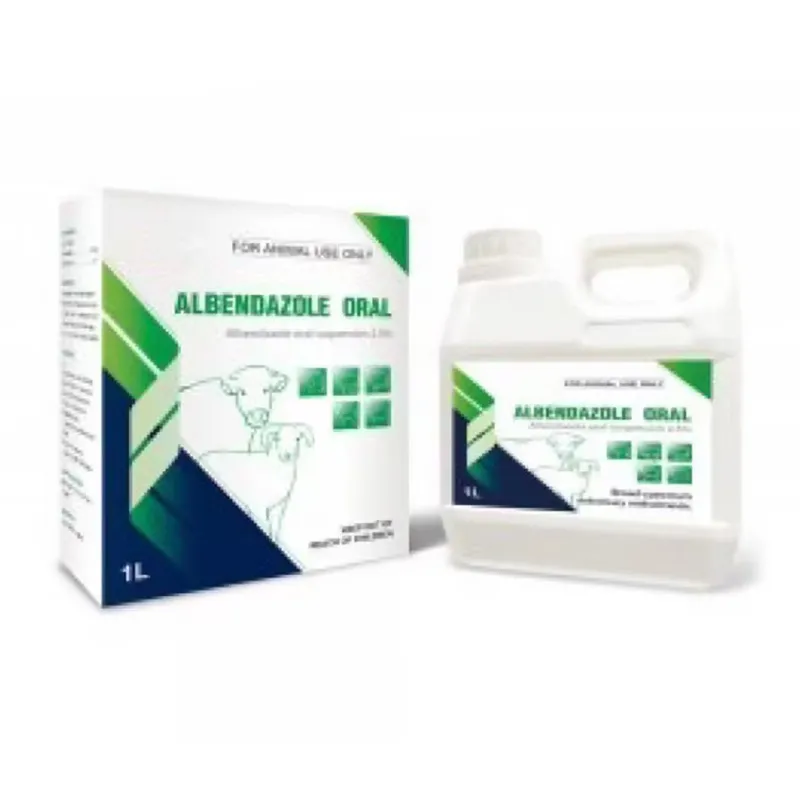- Afrikaans
- Albanian
- Amharic
- Arabic
- Armenian
- Azerbaijani
- Basque
- Belarusian
- Bengali
- Bosnian
- Bulgarian
- Catalan
- Cebuano
- Corsican
- Croatian
- Czech
- Danish
- Dutch
- English
- Esperanto
- Estonian
- Finnish
- French
- Frisian
- Galician
- Georgian
- German
- Greek
- Gujarati
- Haitian Creole
- hausa
- hawaiian
- Hebrew
- Hindi
- Miao
- Hungarian
- Icelandic
- igbo
- Indonesian
- irish
- Italian
- Japanese
- Javanese
- Kannada
- kazakh
- Khmer
- Rwandese
- Korean
- Kurdish
- Kyrgyz
- Lao
- Latin
- Latvian
- Lithuanian
- Luxembourgish
- Macedonian
- Malgashi
- Malay
- Malayalam
- Maltese
- Maori
- Marathi
- Mongolian
- Myanmar
- Nepali
- Norwegian
- Norwegian
- Occitan
- Pashto
- Persian
- Polish
- Portuguese
- Punjabi
- Romanian
- Russian
- Samoan
- Scottish Gaelic
- Serbian
- Sesotho
- Shona
- Sindhi
- Sinhala
- Slovak
- Slovenian
- Somali
- Spanish
- Sundanese
- Swahili
- Swedish
- Tagalog
- Tajik
- Tamil
- Tatar
- Telugu
- Thai
- Turkish
- Turkmen
- Ukrainian
- Urdu
- Uighur
- Uzbek
- Vietnamese
- Welsh
- Bantu
- Yiddish
- Yoruba
- Zulu
नवम्बर . 30, 2024 23:02 Back to list
ivermectin injection for goats
Ivermectin Injection for Goats A Comprehensive Overview
Ivermectin is a broad-spectrum antiparasitic agent that has become a cornerstone in the treatment and prevention of parasitic infections in various livestock, including goats. Used in both small and large ruminants, ivermectin has proven to be highly effective against a variety of external and internal parasites. This article aims to provide an overview of ivermectin injection for goats, emphasizing its benefits, administration, dosage, and safety considerations.
Understanding Ivermectin
Ivermectin belongs to a class of drugs known as macrocyclic lactones. It works by binding to specific receptors in the nervous system of parasites, leading to paralysis and death. It is effective against nematodes, ectoparasites like mites and lice, and certain species of fungi. Due to its efficacy and safety profile, ivermectin has gained wide acceptance among goat farmers for managing parasitic infestations.
Benefits of Ivermectin Injection
1. Broad-Spectrum Activity Ivermectin is effective against a wide range of parasites, making it a versatile option for goat owners. It can tackle common issues such as gastrointestinal nematodes (like Haemonchus contortus), lungworms, and ectoparasites (like ticks and mites).
2. Convenient Administration The injectable form of ivermectin provides a more straightforward method of administration compared to oral formulations, particularly in cases of severe infestations or when treating a large herd.
3. Rapid Action Ivermectin takes effect quickly, providing immediate relief to goats suffering from parasite-related discomfort. This rapid activity can significantly enhance the overall health and productivity of the livestock.
Dosage and Administration
ivermectin injection for goats

The recommended dosage of ivermectin for goats typically ranges from 0.2 to 0.4 mg per kilogram of body weight, depending on the specific formulation and the parasites being targeted. It is crucial to consult with a veterinarian to determine the appropriate dosage for your goats, as factors like age, size, and health status can influence the treatment plan.
Ivermectin is usually administered subcutaneously (under the skin) or intramuscularly. Proper techniques should be followed to minimize stress for the animal and ensure proper absorption of the medication. Farmers should also be aware of the withdrawal times required before slaughter or consumption of milk, as these can vary based on the specific product used.
Safety Considerations
While ivermectin is generally safe for goats, some considerations must be kept in mind
- Overdose Risks Administering ivermectin beyond the recommended dosage can lead to toxicity, resulting in neurological symptoms and potentially fatal outcomes.
- Drug Interactions Always inform your veterinarian about any other medications your goats are receiving, as ivermectin may interact with certain drugs.
- Breeding Stock Pregnant or lactating goats should be treated with caution. Consult with a veterinarian for personalized advice concerning their treatment.
Conclusion
Ivermectin injection is a powerful tool in the management of parasitic infections in goats. Its broad-spectrum efficacy, ease of administration, and long-lasting effects make it an essential product for goat farmers. However, responsible use is paramount. Always seek the guidance of a veterinarian to ensure the safety and health of your livestock. By implementing proper management practices and using ivermectin judiciously, goat owners can significantly enhance the productivity and well-being of their herds.
-
Guide to Oxytetracycline Injection
NewsMar.27,2025
-
Guide to Colistin Sulphate
NewsMar.27,2025
-
Gentamicin Sulfate: Uses, Price, And Key Information
NewsMar.27,2025
-
Enrofloxacin Injection: Uses, Price, And Supplier Information
NewsMar.27,2025
-
Dexamethasone Sodium Phosphate Injection: Uses, Price, And Key Information
NewsMar.27,2025
-
Albendazole Tablet: Uses, Dosage, Cost, And Key Information
NewsMar.27,2025













